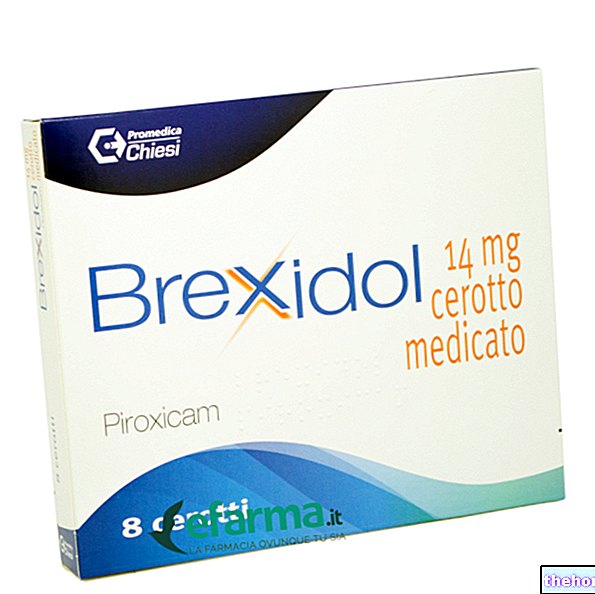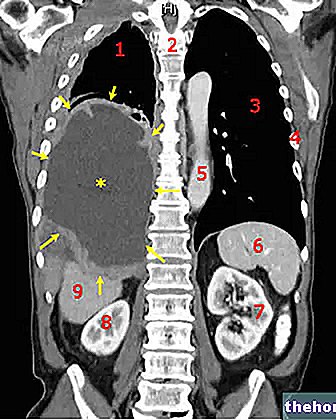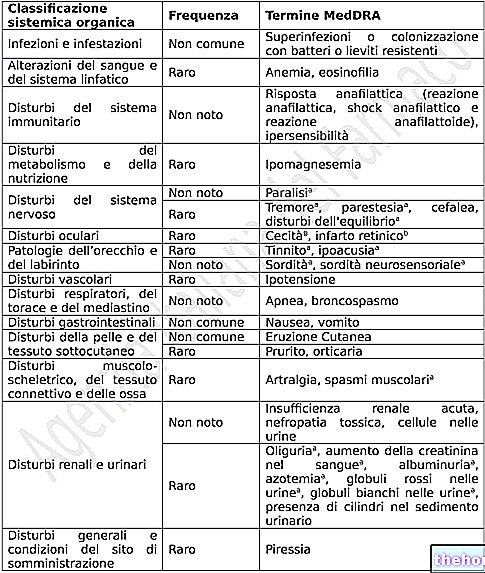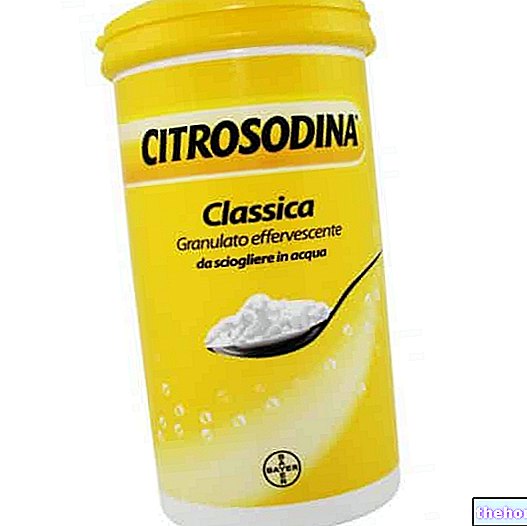REQUIP ® is a medicinal product based on Ropinirole hydrochloride
THERAPEUTIC GROUP: Dopaminergic substances - dopamine agonists

Indications REQUIP ® - Ropinirole
REQUIP ® is indicated both as monotherapy and in combination with Levodopa, in the treatment of Parkinson's disease.
Mechanism of action REQUIP ® - Ropinirole
REQUIP ® is a drug based on Ropinirole, a dopaminergic agonist, particularly active against the D2-D3 dopamine receptors expressed at the level of the striatum, which taken orally and effectively absorbed by the gastro-enteric mucosa reaches appreciable concentrations in the circulatory stream, biodistributing itself uniformly in the organism.
By simulating the activity of dopamine, they bind and activate the D2 and D3 dopamine receptors, located at the level of the striatum, the substantia nigra, the pituitary gland, the olfactory bulb and the hypothalamus, it compensates for its deficiency, restoring the correct balance between direct and indirect route of the basal nuclei, and thus improving the typical Parkinsonian symptomatology characterized by resting tremor and hypokinesia.
The chemical nature of ropinirole requires for its correct elimination, first a hepatic-type metabolism, mainly supported by cytochromial enzymes, in particular by the CYP1A2 isoform, and subsequently an abundant renal excretion, after a significantly longer half-life than Levodopa.
Studies carried out and clinical efficacy
EFFECTIVENESS AND SAFETY OF ROPINIROLO IN THE TREATMENT OF PARKINSON'S DISEASE
Zhonghua Yi Xue Za Zhi. 2013 Jul 2; 93: 1952-7.
[Efficacy and safety of ropinirole in the treatment of Parkinson's disease: a multi-center, randomized, double-blind and bromocriptine-controlled trial].
Li SH, Chen HB, Wang ZF, Tang RH, Zhang XY, Yang JS, Zhao WQ, Sun XR, Ma J.
Clinical trial that demonstrates how Ropinirole can be effective and safe in the treatment of Parkinson's disease, in over 200 Chinese patients enrolled between 2005 and 2007. In the face of the numerous side effects usually mentioned, the therapy was very well tolerated.
ROPINIROLE: COMPARISON OF DOSAGE REGIMES
BMC Neurol. 2013 Sep 2; 13: 113. doi: 10.1186 / 1471-2377-13-113.
Comparison of once-daily versus twice-daily combination of Ropinirole prolonged release in Parkinson "s disease.
Yun JY, Kim HJ, Lee JY, Kim YE, Kim JS, Kim JM, Jeon BS.
Study comparing the clinical efficacy of once or twice daily administration of prolonged-release ropinirole in Parkinson's disease.
The results seem to support the greater efficacy of twice-daily administration, capable of significantly improving the symptoms complained of.
FATAL POISONING FROM ROPINIROLO
J Forensic Leg Med. 2012 Oct; 19: 422-5. doi: 10.1016 / j.jflm.2012.04.013. Epub 2012 May 11.
A fatal intoxication case involving ropinirole.
Duband S, Bidat C, Gaillard Y, Rochet M, Camdessanche JP, Péoc "h M.
Case report that reports a death from ropinirole and alcohol intoxication in a 37-year-old patient.
These studies underline the need for medical supervision during the entire therapeutic process, in order to promptly identify potential risk behaviors.
Method of use and dosage
REQUIP ®
Coated tablets of 0.25 - 0.5 - 1 - 2 and 5 mg of Ropinirole Hydrochloride.
Treatment with REQUIP ® must necessarily be defined by a doctor experienced in the treatment of neurological diseases, necessarily having to define the optimal dosage based on the clinical needs of the patient and the relative general health picture.
In fact, an adaptation of the doses normally used should be guaranteed in elderly patients or patients suffering from liver and kidney diseases, for which unfortunately the half-life of the drug would be partially compromised.
The quantitative facet of the dosages of Ropinirole foreseen in REQUIP ® therefore allows the doctor to define the optimal therapeutic scheme case by case, and to adjust the dosage when necessary.
Warnings REQUIP ® - Ropinirole
Ropinirole therapy must necessarily be preceded by a careful medical examination aimed at assessing the severity of the present symptoms and any prescriptive appropriateness.
Therapy with dopamine agonists could determine the worsening of the clinical conditions of patients suffering from major psychiatric or psychotic disorders and cardiovascular diseases.
It is also recommended that particular caution be exercised when using machines or driving vehicles during treatment with ropinirole.
REQUIP ® contains lactose among its excipients and is therefore contraindicated in patients with lactase enzyme deficiency, glucose-galactose malabsorption syndrome and galactosemia.
It is recommended to store the drug out of the reach of children.
PREGNANCY AND BREASTFEEDING
Given the absence of studies capable of characterizing the safety profile of Ropinirole for the health of the fetus and infant, it would be appropriate to extend the aforementioned contraindications to the use of REQUIP ® also to pregnancy and the subsequent breastfeeding period.
Interactions
In order to avoid pharmacokinetic variations such as to alter the normal biological activities of Ropinirole, the patient receiving REQUIP ® should avoid the simultaneous intake of neuroleptic drugs, dopamine antagonists, estrogens, inducers and inhibitors of the cytochromial system.
Contraindications REQUIP ® - Ropinirole
The use of REQUIP ® is contraindicated in patients hypersensitive to the active substance or to one of its excipients and in patients with severe liver and kidney diseases
Undesirable Effects - Side Effects
Therapy with REQUIP ® could lead to the onset of psychiatric disorders such as hallucinations, confusional states, somnolence, dizziness, nausea, heartburn and edema in the lower limbs.
Continuous medical supervision therefore becomes necessary even in the face of the high incidence of the aforementioned adverse reactions.
Note
REQUIP ® is a drug subject to mandatory medical prescription.
The information on REQUIP ® - Ropinirolo published on this page may be out of date or incomplete. For a correct use of this information, see the Disclaimer and useful information page.























-nelle-carni-di-maiale.jpg)




